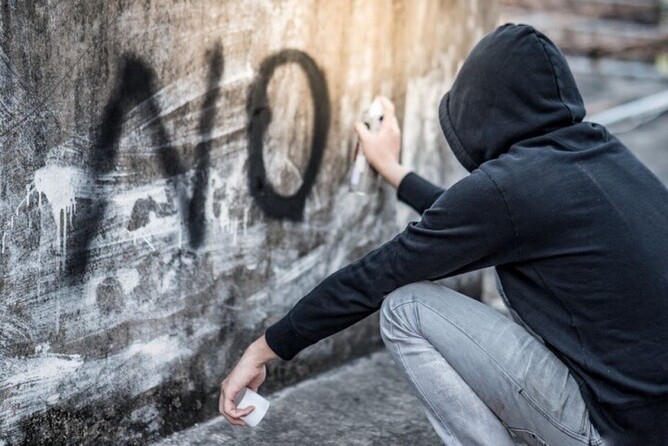Public perception of our youth often seems to be shaped more by sensational headlines than reality. We can see this daily: a quick study of online search behaviour shows that the most common use of the word ‘youth’ in the news media in the past 12 months has been when it is followed by the word ‘crime’. All of this, of course, is in stark contrast to research that shows a sharp decline in youth crime in the past decade (I recognise this doesn’t count some local changes post-covid.)
These statistics don’t mean that crime isn’t happening – it simply means our perspective on the issue is skewed towards the negative.
These negative headlines have an unfortunate tendency to encourage public statements by officials that treat youth as a problem. Not only does this undermine the mana, confidence, and self-perception of many rangatahi, it ignores the marvelous work that is being done everyday by youth workers, communities, teachers and volunteers. We also know that this public perception has implications for policy & funding decisions – as seen in the promotion of boot-camp style interventions, with corresponding reductions in funding elsewhere. In my conversations with youth workers and mentoring organisations around the country there is a frustration at the gap between this public perception and reality, and the corresponding gap in support and funding of services that fill a very real need.
Is mentoring immune?
It is interesting then that mentoring, as a term and as an idea, seems to escape this negative perception.
Whenever the word ‘mentor’ is used in the media it is unequivocally positive. I recently read with interest the inspiring redemption story of Jaye Pukepuke who has written a book about his journey from being imprisoned for burglary to becoming a youth mentor. Mentoring is such a common thread in stories like Jaye’s that whenever I see a tale of redemption I have started to look for the mentor who helped make it happen.
For the Youth Mentoring Network as an organisation the question then becomes – how do we elevate the role of structured & intentional youth mentoring in national discussions about our youth?
In recent conversations at our ‘Mentoring Mornings’ calls with leaders in youth mentoring, there has also been enthusiastic discussion about how well we understand the impact of mentoring, and how we can collect the data to improve this understanding (beyond what we already do within our individual organisations). We have not yet found an easy answer to these questions, but the desire for a collective response has been strong.
Telling a new story
What such a collective response looks like is something we’ll continue talking about within the network – a conversation we will be fostering in meetings with organisations, in our workshops, and on our monthly calls. But while we are talking about data, I am reminded of something I noticed when entering evaluation scores from our last three workshops: about half of the comments highlight a single statement: “The problem is the problem, the person is not the problem.”
Not only is this a simple and powerful way of understanding the challenges we face, it suggests that ‘the person’ might actually hold the solution to their own problem. In this modern age, our young people have powerful tools to tell their own story and to transcend the negative perceptions that fill our media. My hope is that we can, collectively, amplify their voice.

